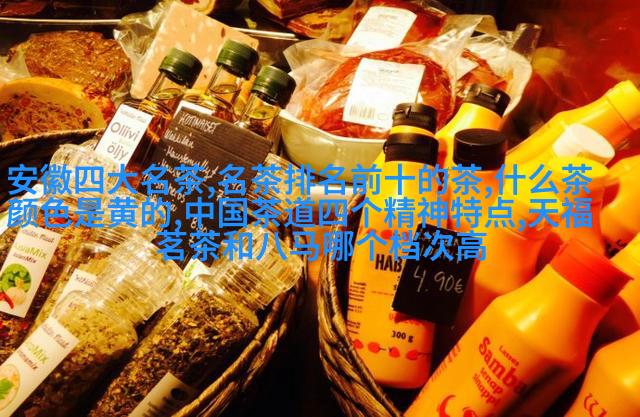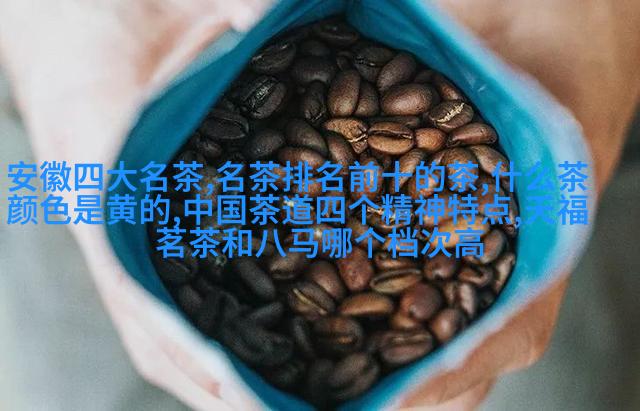中国茶文化:一壶浓情

一、The Ancient Roots of Chinese Tea Culture
From the misty mountains of southern China, a fragrant leaf has captured the hearts and minds of people for millennia. The history of tea in China stretches back over 4,000 years, with records dating as far back as the Shang Dynasty. This ancient beverage has been an integral part of Chinese society, influencing art, literature, philosophy and even politics.

二、A Journey Through China's Tea Regions
China is home to six major tea-producing regions: Anhui, Fujian, Hunan, Jiangsu, Yunnan and Zhejiang. Each region boasts its own unique terroir and climate conditions that contribute to the diversity of teas produced. From the floral notes of jasmine tea from Fujian to the earthy undertones of pu-erh from Yunnan province; each sip tells a story about its place in time.

三、The Rituals Surrounding Chinese Tea Culture
Tea ceremonies are an essential aspect of Chinese culture that transcend their practical purpose. They serve as a platform for social bonding and introspection alike. Whether it's a formal ceremony or an informal gathering around a table spread with delicate teaware; every step is choreographed to perfection – from selecting high-quality leaves to savoring each sip slowly.

四、Tea: A Symbolic Beverage in Chinese Society
In traditional Confucianism teachings; tea represents harmony among people - much like how one must wait for others when sharing this precious liquid during meals or gatherings without ever tasting it first oneself out respect for others' preferences. Moreover; tea symbolizes patience & perseverance because making perfect brew requires skillful manipulation & careful observation - just like mastering life's challenges.

五、Modern Adaptations: Preserving Tradition While Embracing Change
While maintaining our connection to tradition is crucial; adapting these customs within contemporary society ensures their relevance today. For instance – modern-day mobile apps enable users worldwide connect over shared love for tea by exchanging tips on various blends & brewing techniques while also promoting cross-cultural understanding through virtual "tea parties".
